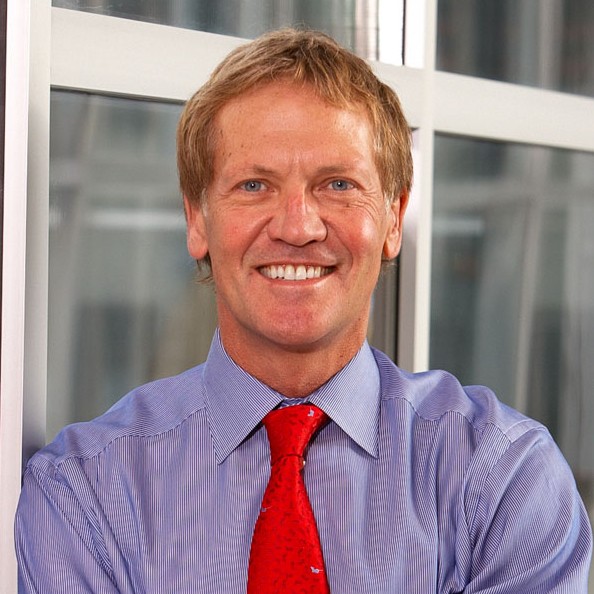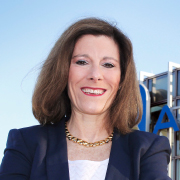In March 2008, William L. Deckelman wanted to use his legal talent and skills to foster change. Computer Sciences Corp. (CSC)—number 155 on the 2011 Fortune 500—was looking for just that, seeking out a general counsel who could lead the charge. It was the perfect match, and over the past four years, Deckelman, vice president, general counsel, and secretary of the $16.1 billion firm, has successfully mobilized change across the entire global organization in several areas, including contracts, compliance, and intellectual property. He also helped the company, which provides technology-enabled business solutions and services, work through SEC issues while handling litigation, interacting with the board of directors, and managing 120 attorneys. Here, Deckelman gives us an inside look at what he’s accomplished in four years.
When I arrived, the contracts organization was distributed between finance and the business units. The CEO wanted to pull them into one cohesive group reporting to the general counsel. There were about 400 people globally, and the various departments lacked common practices. We developed a strategy and some best practices, and began developing a world-class contracting organization. There was also a lot of talent assessment and training, as well as aligning people to fit the right positions and ensuring they had the skill sets they needed.
Our compliance program was young and needed to mature. We put resources in place for compliance and ethics training and policy monitoring, and I hired a chief compliance officer in 2009. Since 2011, we have had an SEC investigation regarding accounting issues, and as part of our remediation plan, we’ve added resources. We’ll have 20 people this year in compliance—up from about five. Many of them have specialties, including investigations, training and education, and policy and program development. We are putting the finishing touches on a state-of-the-art code of conduct, which is being provided to our global employee base in nine languages. We’re really proud of our compliance program now—it’s cutting edge.
We put a big initiative around electronic discovery. Ordinarily, we would manually collect e-mail, sort it, look for relevant messages, and eliminate those with attorney-client privilege. It’s an expensive and time-consuming undertaking. We’ve put systems in place that help digitize the process, and we’ve hired a lawyer and paralegal who specialize in e-discovery. We’re also assessing the investment for bringing our outside solution in-house.
Forty percent of our business is with the United States federal government, including the Department of Defense, as well as very large defense-industry clients. They entrust us with a lot of data, but like in contracts, our data-privacy-compliance activities were very decentralized, so we brought all that together, formed an organization around it, and put it under compliance.
No one was looking at intellectual property strategically across the company. Now we have a global IP group and it’s very active. There are also new areas we’re studying, such as cloud computing, cyber security, and health care. We have a more strategic way of looking at what we should be patenting. We have six senior lawyers worldwide specializing in IP now.
Knowledge management is the glue that holds a lot of these things together. We’ve done a lot with our own internal website. We use blogs and other collaboration and knowledge management tools to help people—especially those in far-reaching places—feel more like a single organization.
I have a top-10 checklist I go over every morning to see what’s on my calendar, and what’s going on that may require discussion with the CEO, the CFO, and other senior leadership. And I have nine direct reports to keep in touch with. I’m very open and informal with my team. I have very senior, mature, high-quality lawyers with good judgment. They have a lot of autonomy to deal with their clients the way they need to. I only step in on the big issues.
Our fiscal year ended in March, and we just did a preannouncement conference call with our numbers for the year. There was a lot of work leading up to that with the CEO, CFO, investor relations, and the audit committee of the board. The SEC filings also take a lot of my focus. Then we have board meetings as well as regular department meetings. And we’re readying our proxy for our annual stockholders’ meeting in August. That’s “job one” for the general counsel.
Where I am at today is my single biggest achievement. On my 10th anniversary at CSC, I hope I’m looking back and seeing the progress we’ve made. I’d like to say we really did it. We turned it around and this is a great company. We really accomplished a lot.

